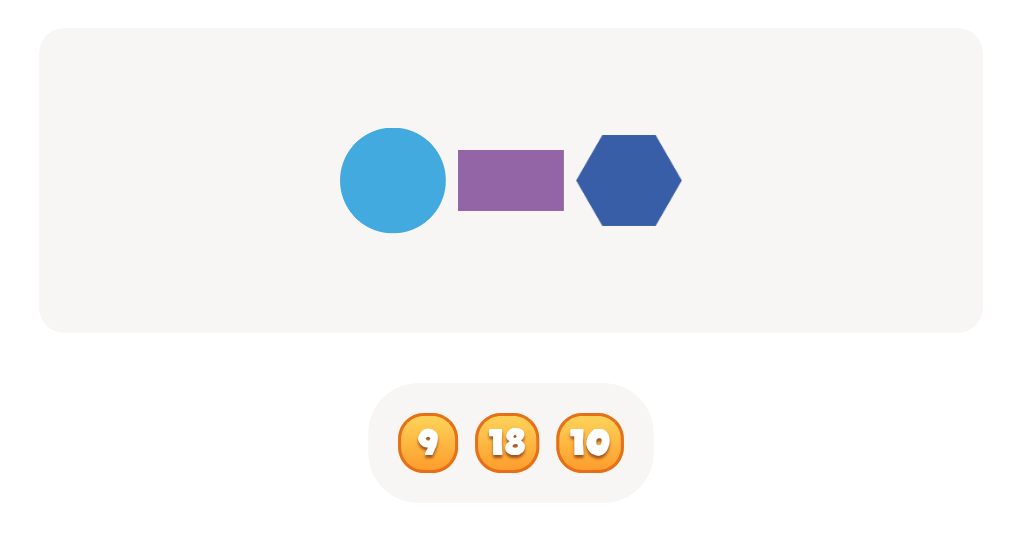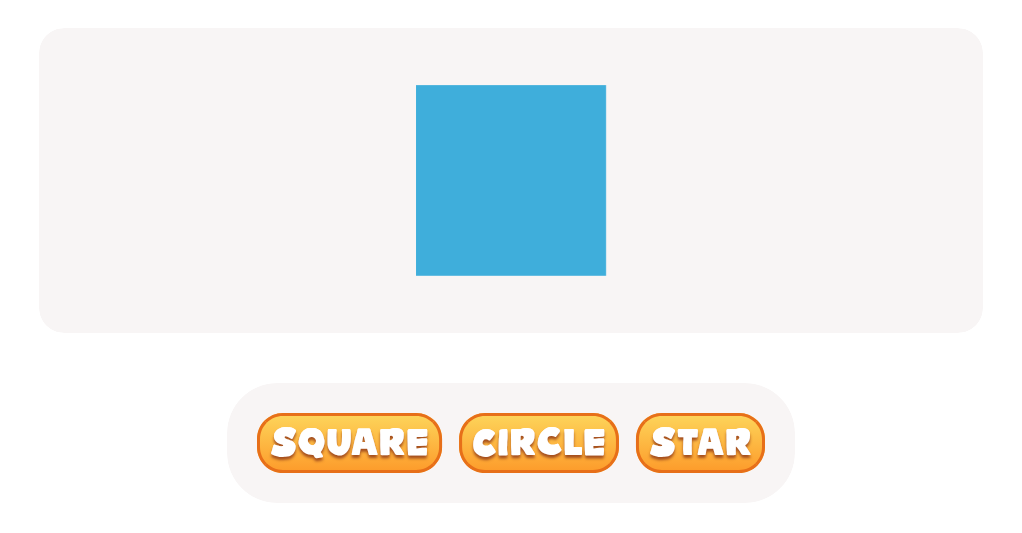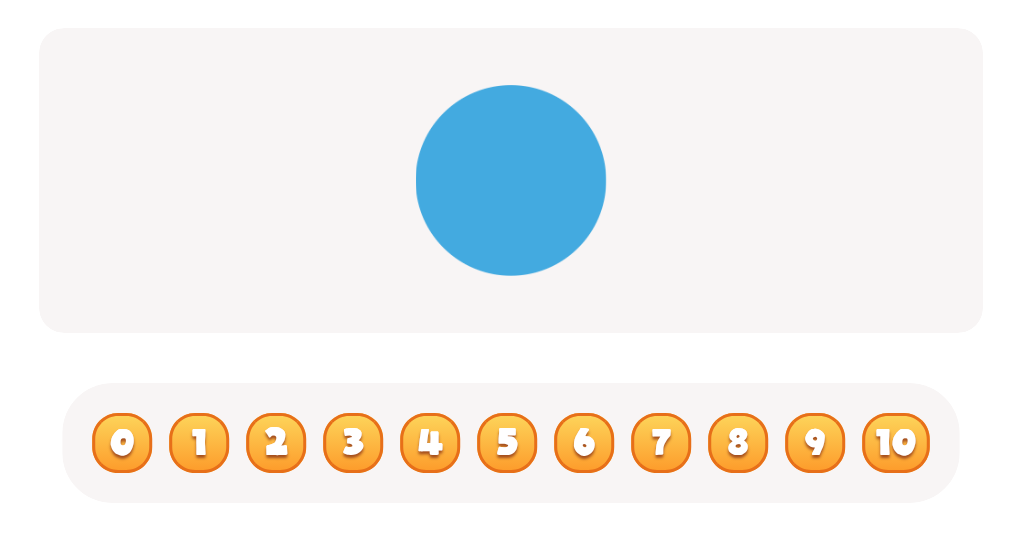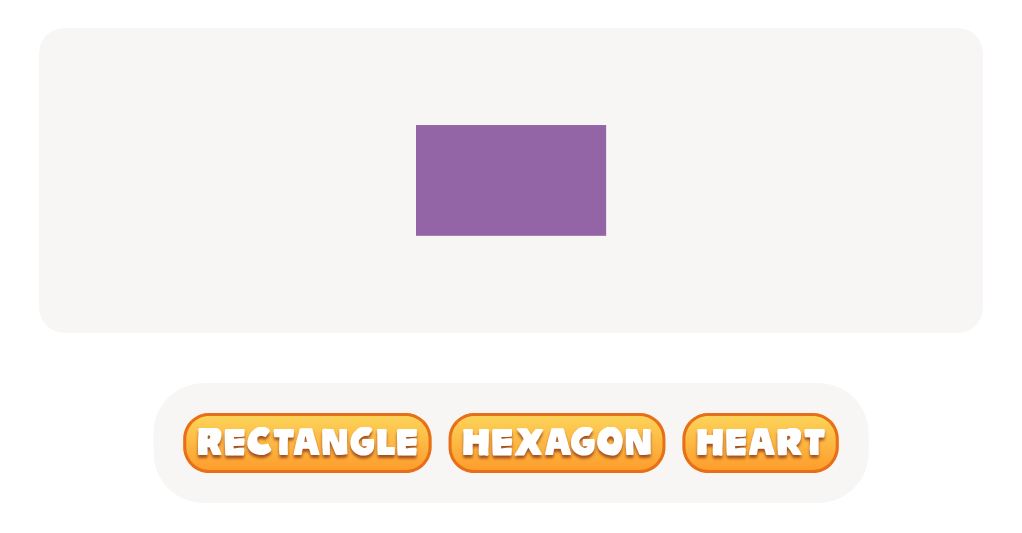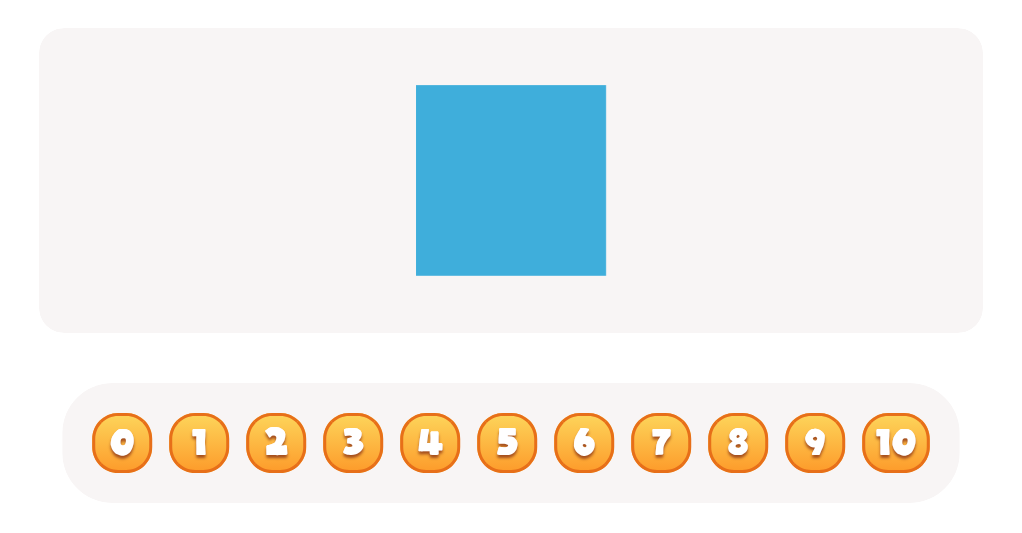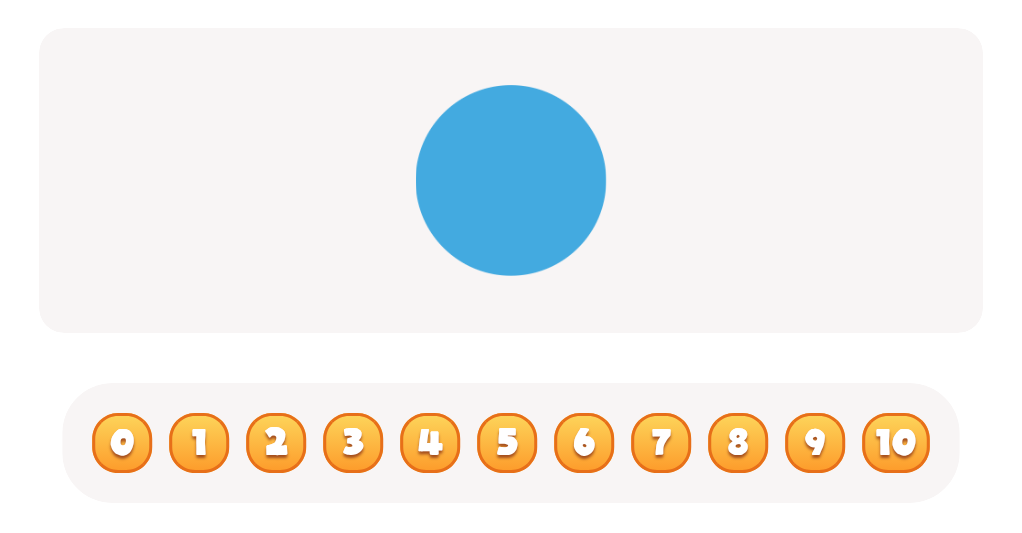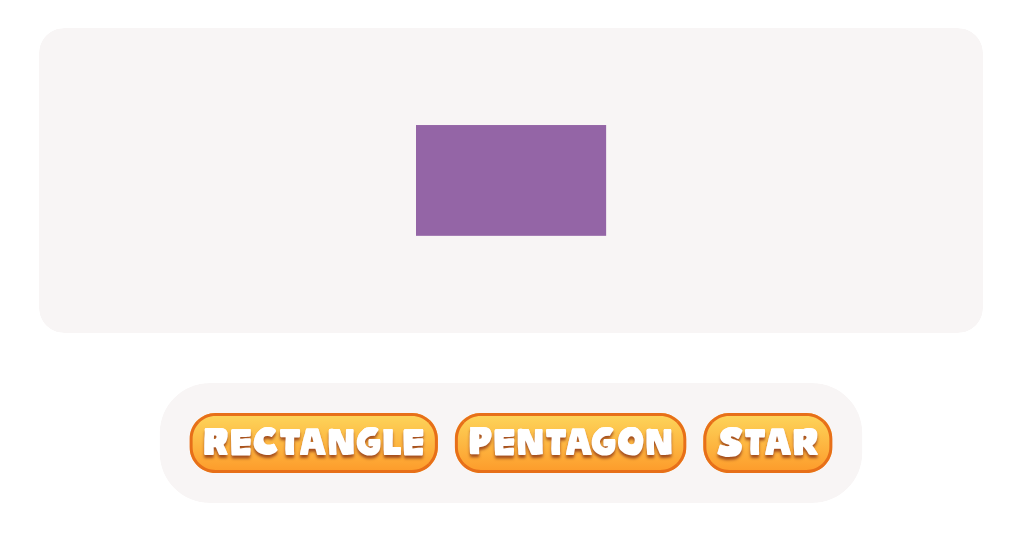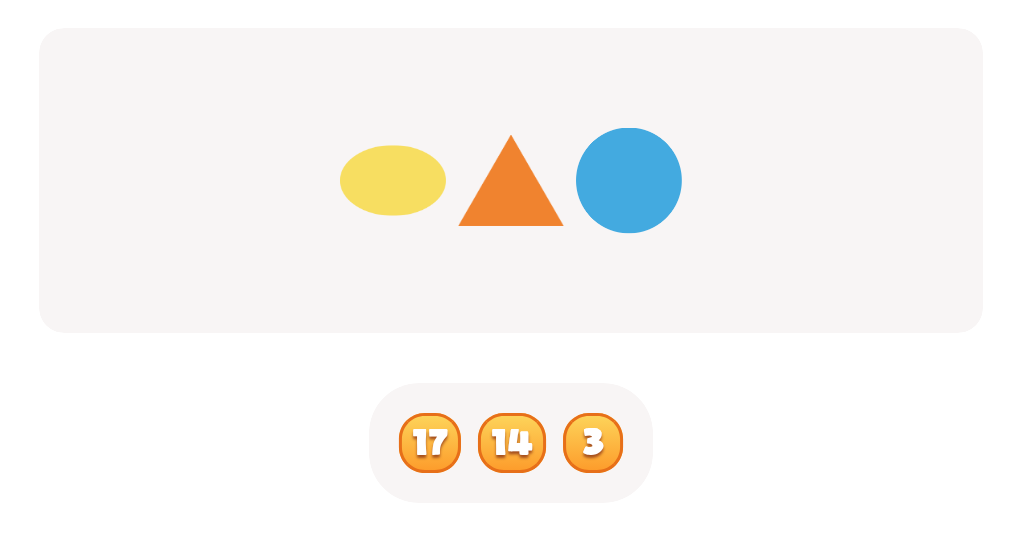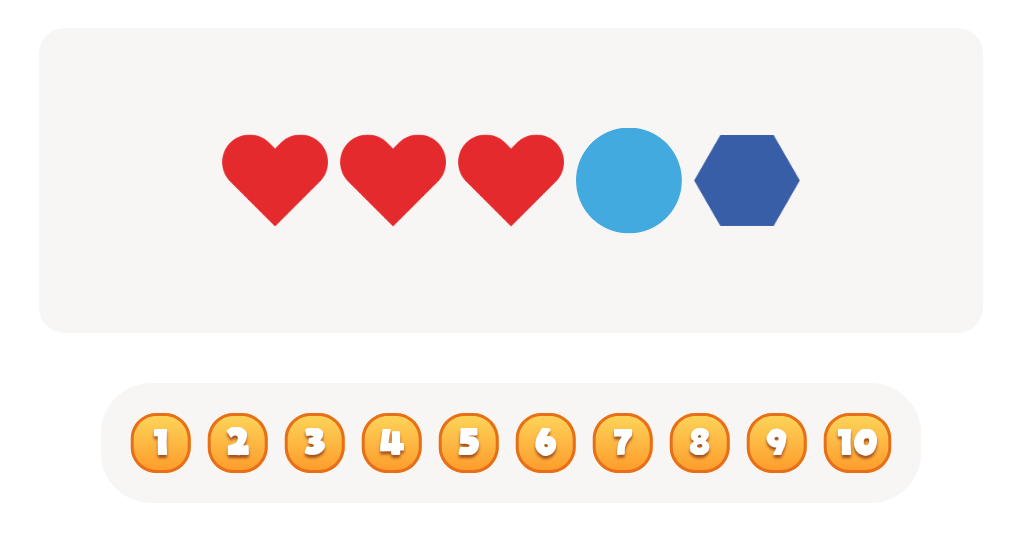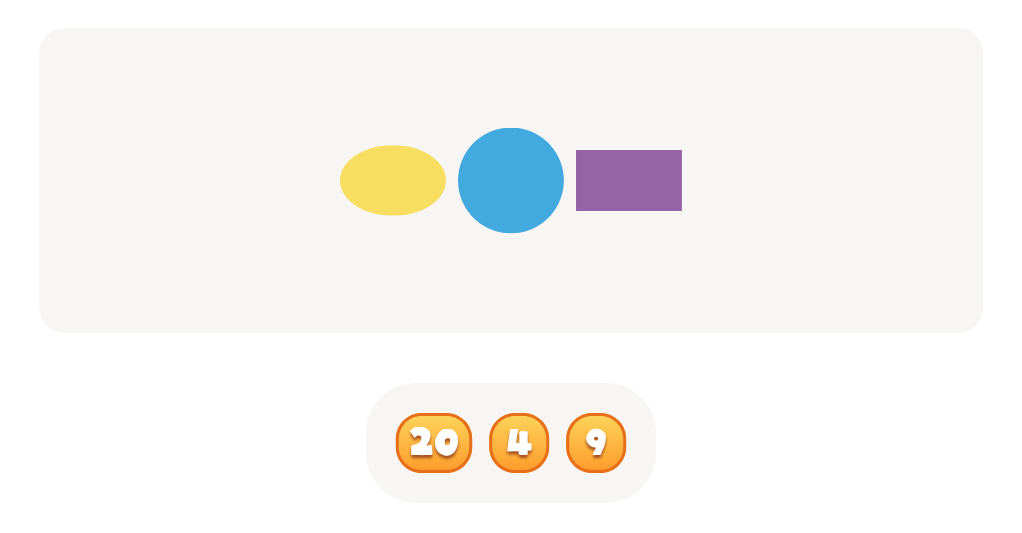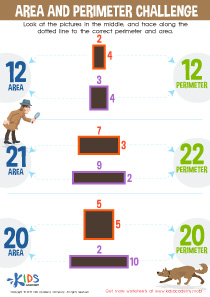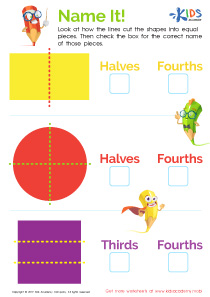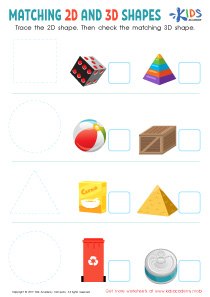Basic geometry understanding 2D Shapes Worksheets for 6-Year-Olds
4 filtered results
-
From - To
Explore our engaging 2D shapes worksheets designed specifically for 6-year-olds! These interactive resources help young learners grasp basic geometry concepts while having fun. Our worksheets focus on identifying, comparing, and drawing various 2D shapes, such as circles, squares, triangles, and rectangles. Each activity is tailored to enhance spatial awareness and critical thinking skills. With vibrant illustrations and simple instructions, your child will develop a solid foundation in geometry through enjoyable exercises. Perfect for classroom use or at-home learning, these worksheets foster a love for math while reinforcing important skills. Dive into the world of shapes and boost your child's confidence today!
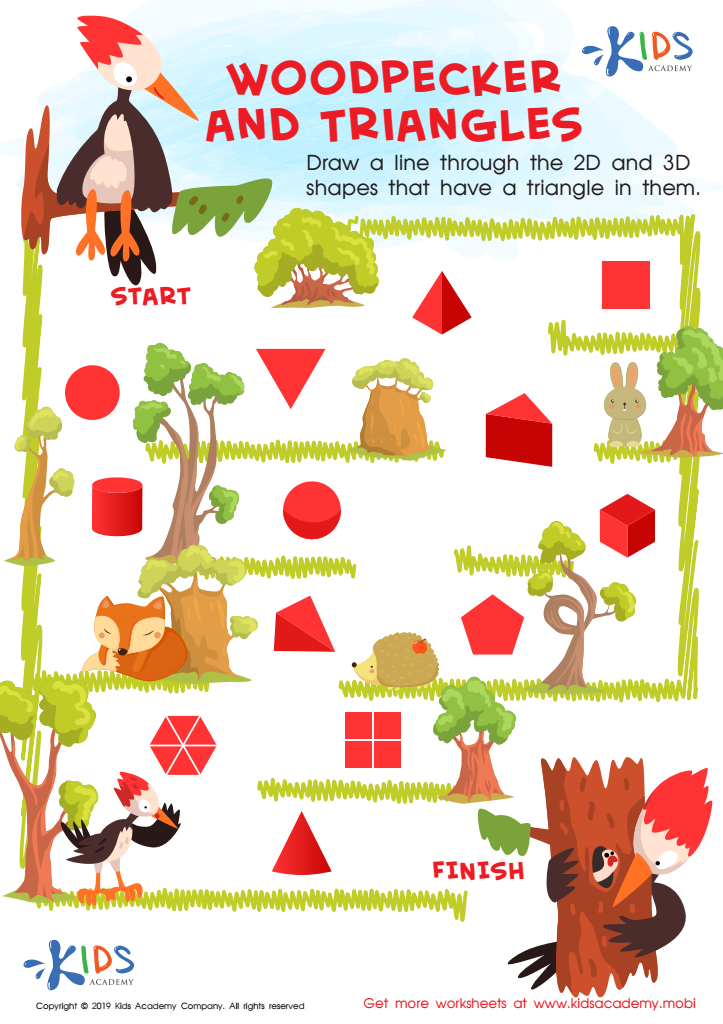

Woodpecker and Triangles Worksheet
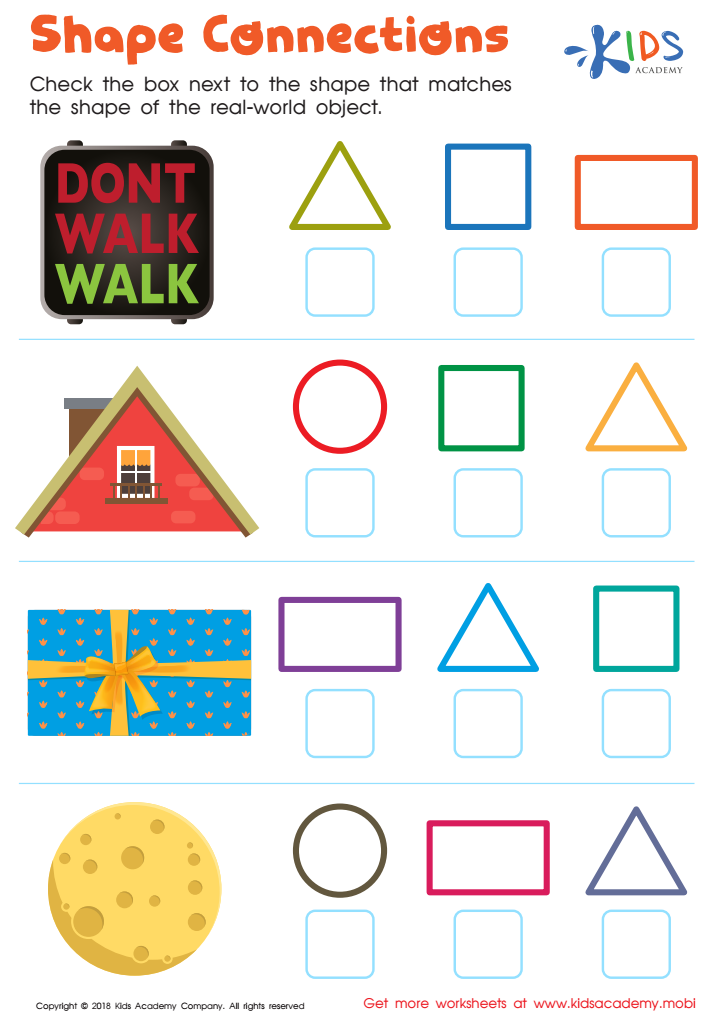

Shape Connections Worksheet
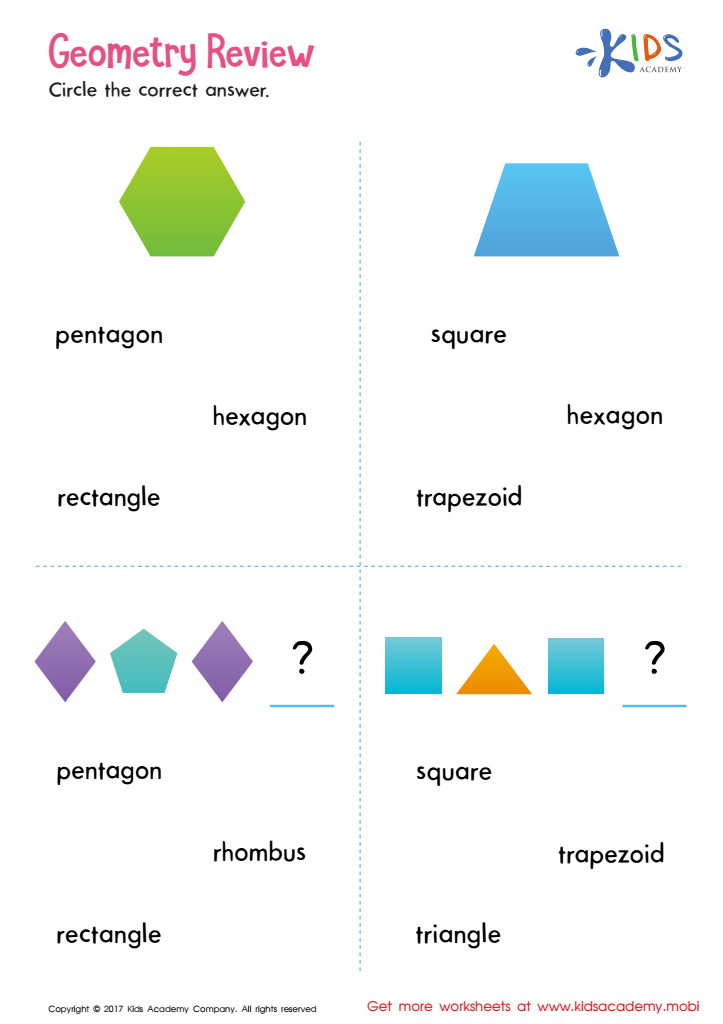

Geometry Review Printable
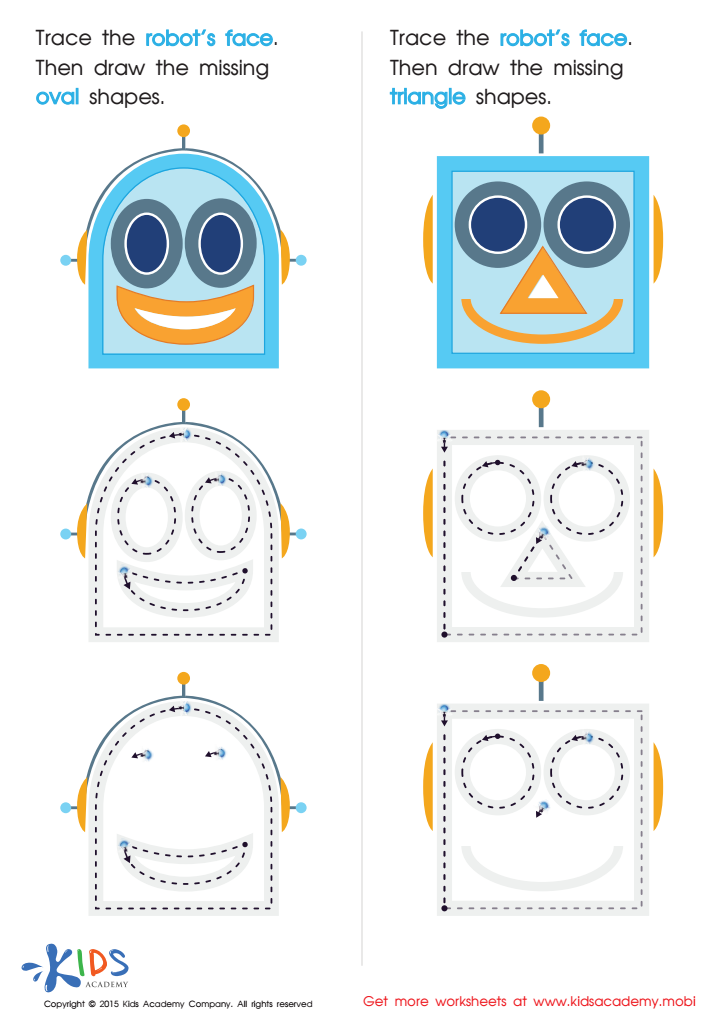

Drawing Ovals And Triangles with Fun Printable
Parents and teachers should prioritize basic geometry understanding, particularly 2D shapes, for 6-year-olds because it lays a crucial foundation for future mathematical learning and cognitive development. At this age, children are naturally curious and eager to explore their environment, making it the perfect time to introduce geometric concepts. Recognizing and naming shapes like circles, squares, triangles, and rectangles helps children develop spatial awareness, which is vital for problem-solving skills in math as well as in daily life.
Understanding 2D shapes also enhances pattern recognition and comparison skills. For instance, when children identify similarities and differences among shapes, they practice critical thinking and analytical skills. This understanding paves the way for more complex math topics, such as area, perimeter, and volume, in later education.
Furthermore, knowledge of shapes contributes to artistic abilities as children explore design and symmetry in their creative activities. By incorporating shapes into interactive learning activities and play, educators and parents can foster a love for math and geometry early on, ensuring that children develop confidence in their abilities. Ultimately, shape recognition supports both intellectual growth and practical life skills, underscoring why it is vital for adults to take an active role in nurturing these concepts.
 Assign to My Students
Assign to My Students
